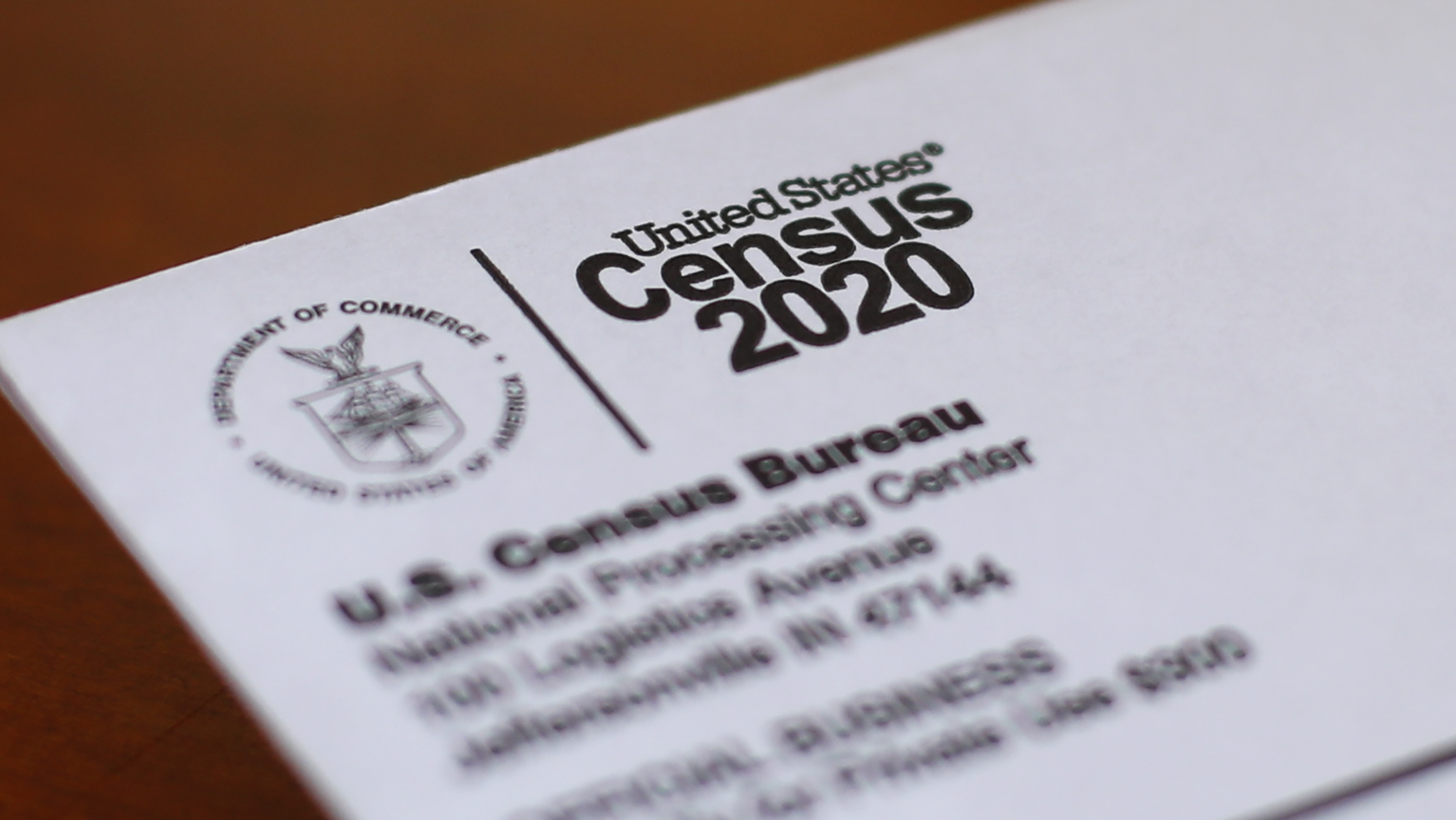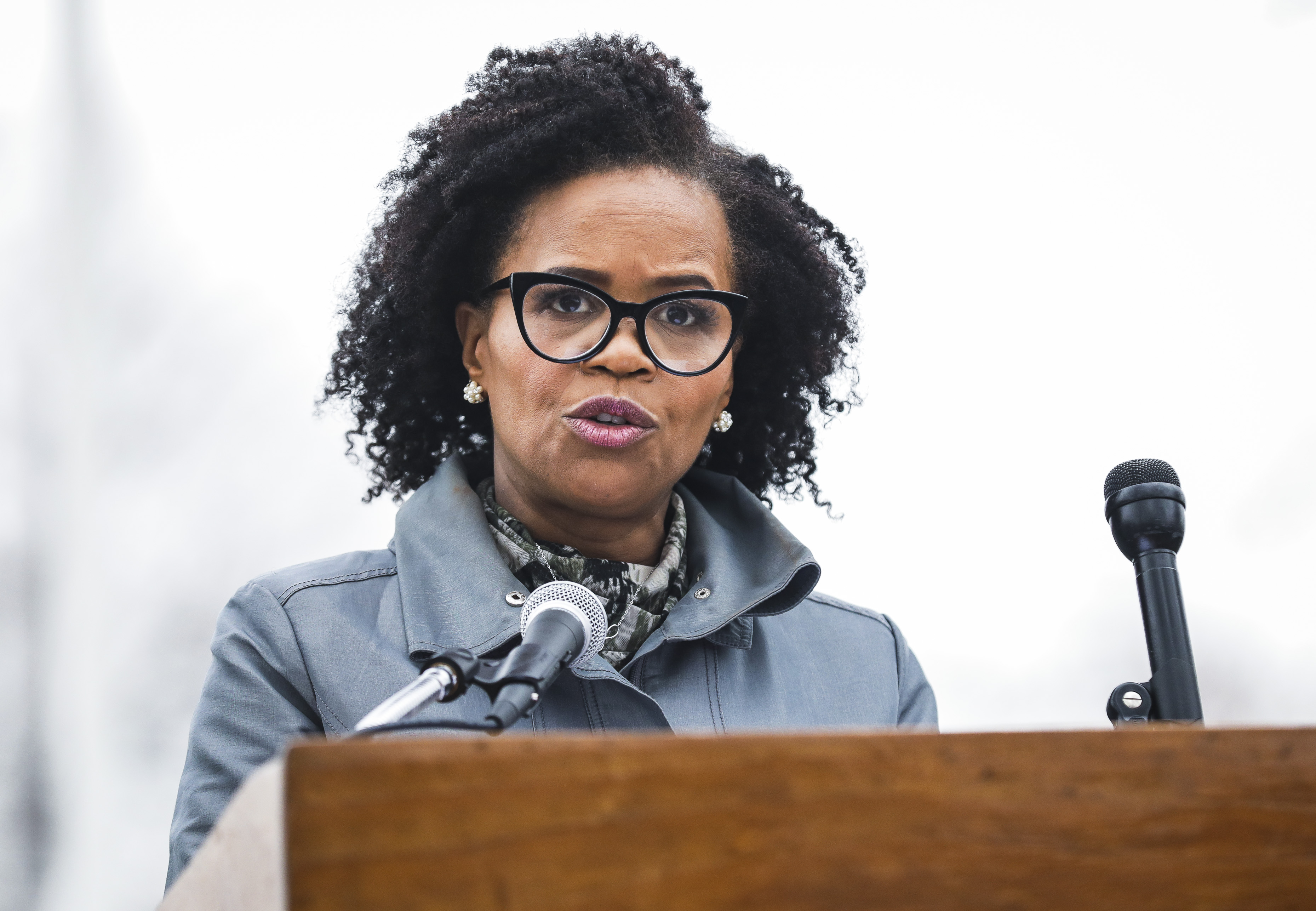Boston is pushing back on the official Census count of its population in 2020, saying its student, foreign-born and incarcerated populations are higher than were reflected in the tally.
The city's population in 2020 was 675,647, according to the Census, which is held every 10 years and is how the nation determines how much funding goes where. The 2020 edition was both highly politicized and hampered by the coronavirus pandemic, and city officials said they believe the number of people living in group settings was undercounted.
WATCH ANYTIME FOR FREE
>Stream NBC10 Boston news for free, 24/7, wherever you are. |
"This count is the foundation to assess the needs of all of our communities, ensuring that Boston receives crucial federal resources, and it should reflect our full numbers," Mayor Michelle Wu said in a statement.
Several concerns motivated the challenge, according to the city. About 6,000 students and 500 correctional facility inmates weren't accounted for in the 2020 Census data, officials claimed, and parts of the city with more foreign-born had lower response rates than usual.
Get updates on what's happening in Boston to your inbox. Sign up for our >News Headlines newsletter.
Officials also said that a new way of letting people classify their race and ethnicity impacted what's known about Boston, with 76% of Hispanic city residents choosing or being put into a category called "some other race," up from 45% in the previous census. People who hail from Brazil or Cape Verde were placed in the "some other race" category; people from the Middle East or North Africa were classified as white.
Saying the data may create the impression that Boston is in the middle of demographic or cultural changes that aren't there, officials urged the Census Bureau to respect how respondents self-identify and to reconsider how it recategorizes respondents' answers.
Observers raised issues with the 2020 census leading up to and during the count, and Boston city officials have previously said they were considering a challenge.
The nonpartisan Urban Institute released a study saying that "unprecedented threats," including underhiring and the inclusion of a citizenship question, could lead to more than 4 million people being undercounted.
The American Statistical Association weighed in, saying the hiring of two people who were political officials, as opposed to career ones, was "in direct conflict with the bureau's mission to ensure proper, accurate, and timely delivery of statistical information to the public."



